Urgent
OPEC Fund to co-finance up to $2 billion to accelerate development across Africa
 UAE-EU Dialogue on Human Rights holds 13th meeting in Abu Dhabi
UAE-EU Dialogue on Human Rights holds 13th meeting in Abu Dhabi
 UAE condemns terrorist attack in northwestern Pakistan
UAE condemns terrorist attack in northwestern Pakistan
 Etihad Airways finishes 2025 on award high, scooping over 25 international awards
Etihad Airways finishes 2025 on award high, scooping over 25 international awards
 FNC, Japanese Parliament discuss accelerating cooperation
FNC, Japanese Parliament discuss accelerating cooperation
 UNESCO grants Fujairah membership to its Global Network of Learning Cities
UNESCO grants Fujairah membership to its Global Network of Learning Cities
 Indonesia plans to buy 200 helicopters for defense, disaster response
Indonesia plans to buy 200 helicopters for defense, disaster response
 Strategic collaboration between GCC Interconnection Authority, EPRI
Strategic collaboration between GCC Interconnection Authority, EPRI

 UAE-EU Dialogue on Human Rights holds 13th meeting in Abu Dhabi
UAE-EU Dialogue on Human Rights holds 13th meeting in Abu Dhabi
 UAE condemns terrorist attack in northwestern Pakistan
UAE condemns terrorist attack in northwestern Pakistan
 Etihad Airways finishes 2025 on award high, scooping over 25 international awards
Etihad Airways finishes 2025 on award high, scooping over 25 international awards
 FNC, Japanese Parliament discuss accelerating cooperation
FNC, Japanese Parliament discuss accelerating cooperation
 UNESCO grants Fujairah membership to its Global Network of Learning Cities
UNESCO grants Fujairah membership to its Global Network of Learning Cities
 Indonesia plans to buy 200 helicopters for defense, disaster response
Indonesia plans to buy 200 helicopters for defense, disaster response
 Strategic collaboration between GCC Interconnection Authority, EPRI
Strategic collaboration between GCC Interconnection Authority, EPRI



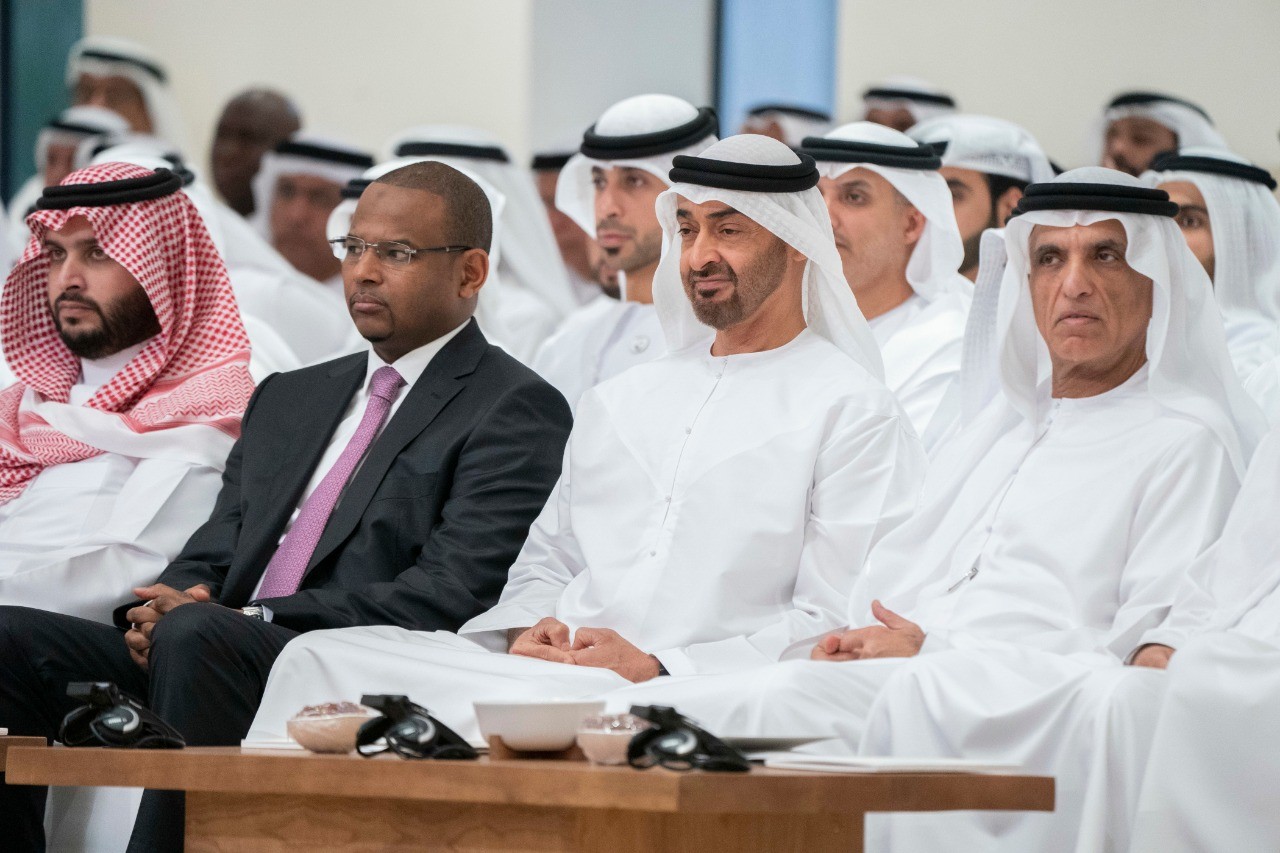
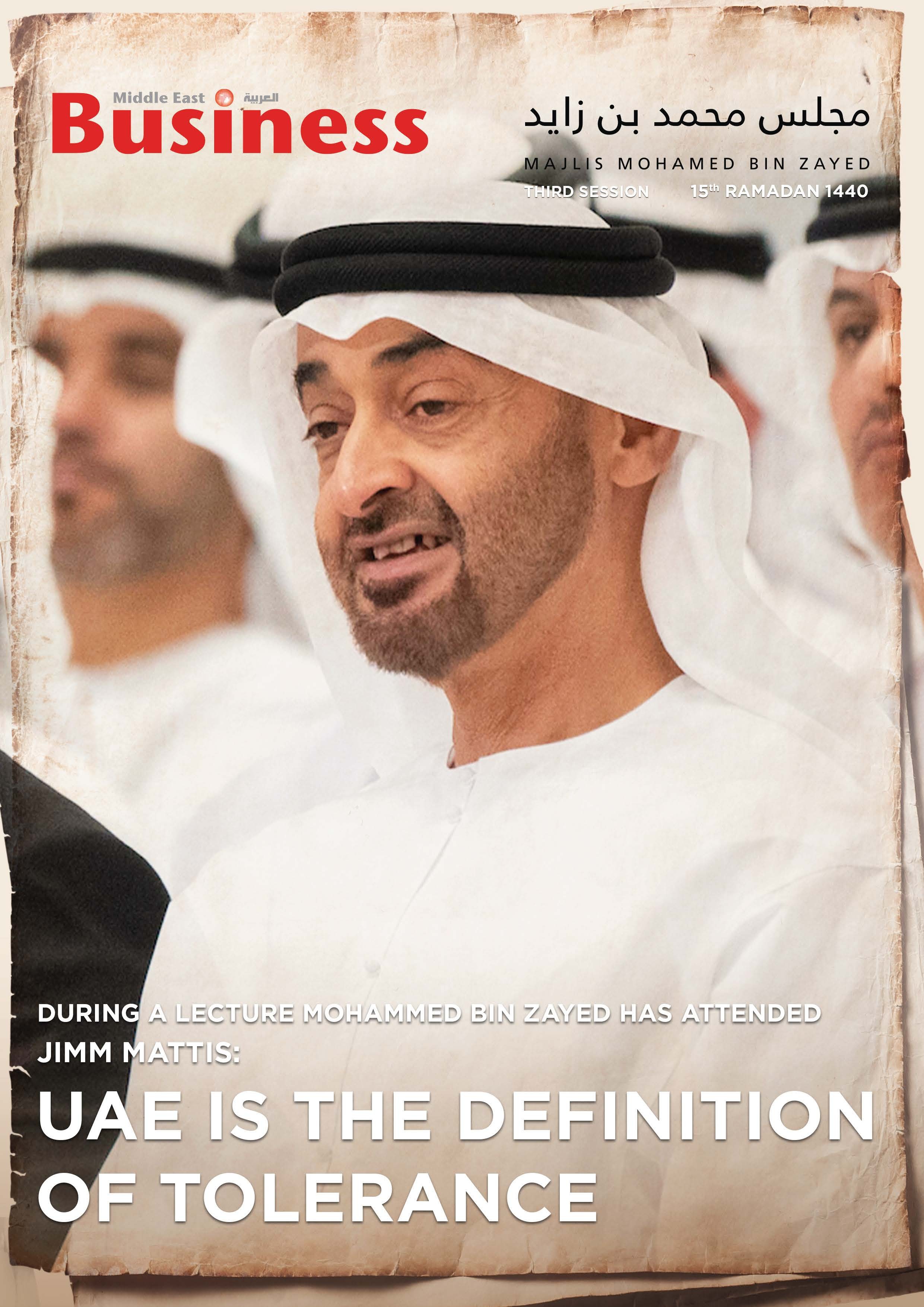
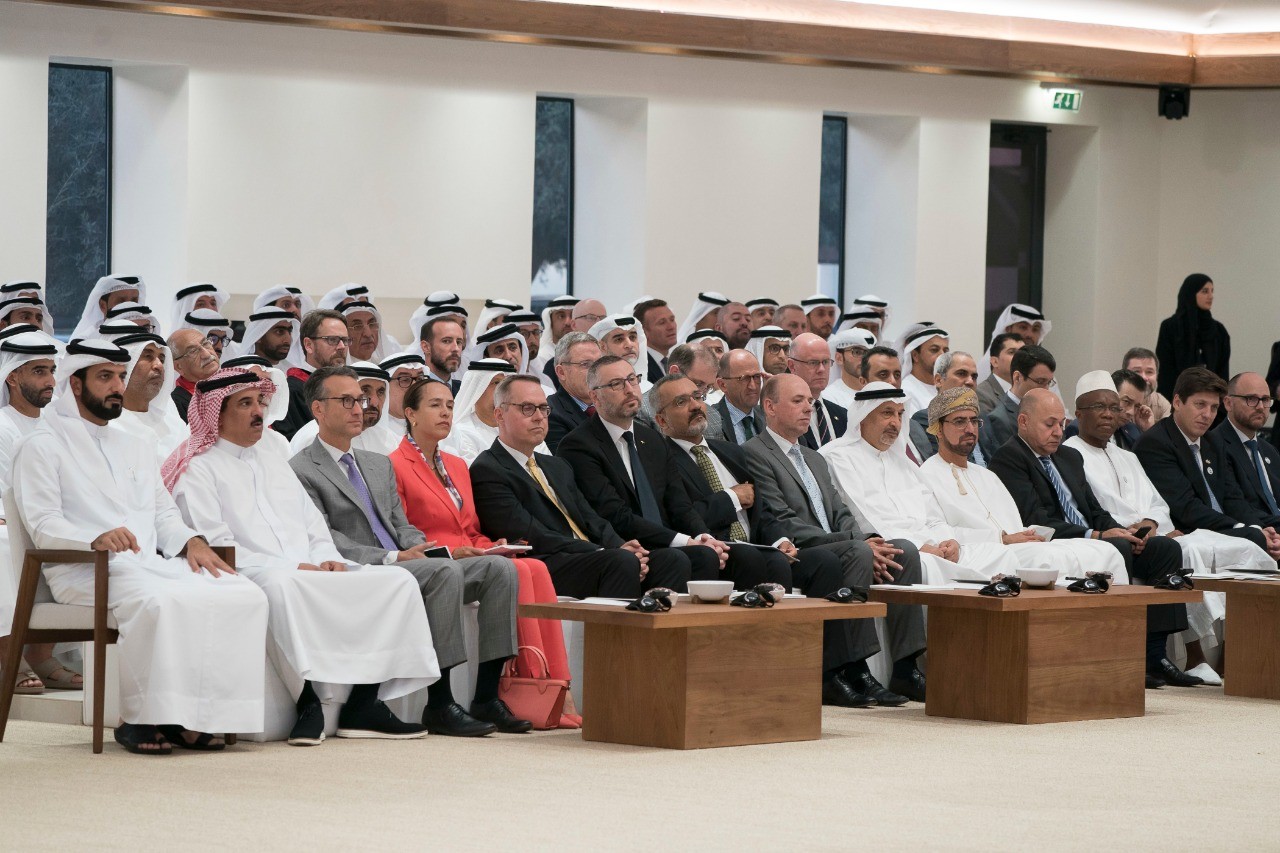
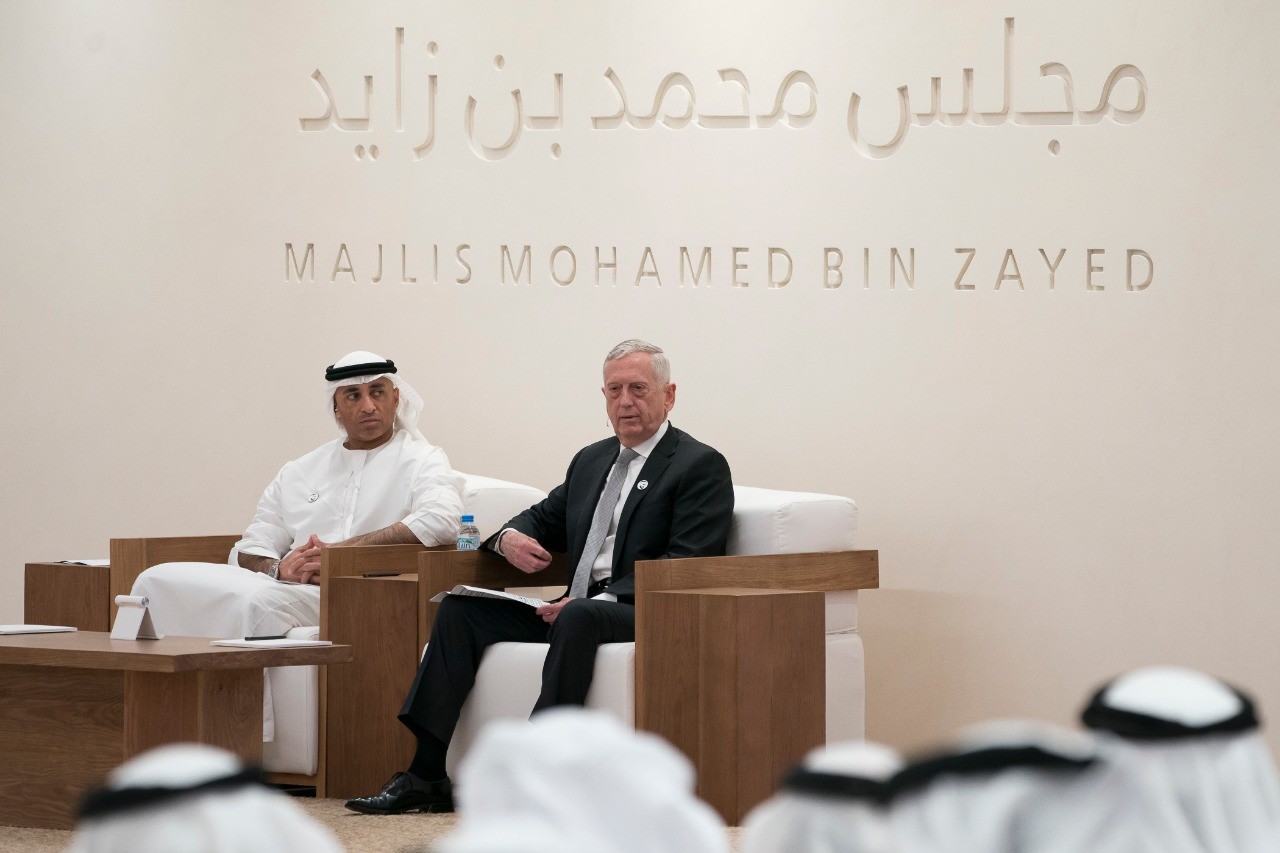


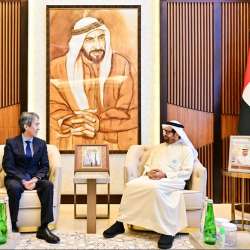
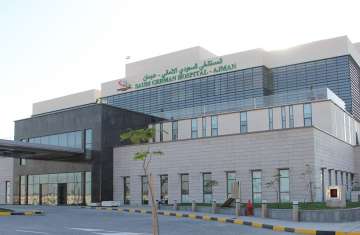
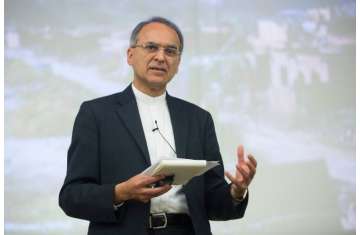
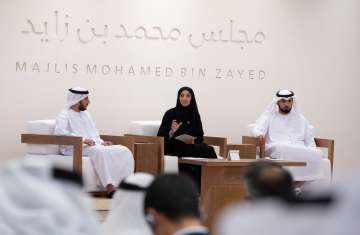
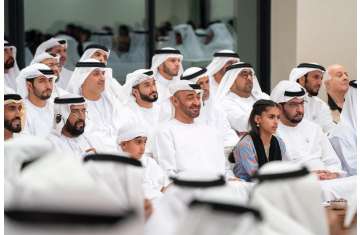
Comments